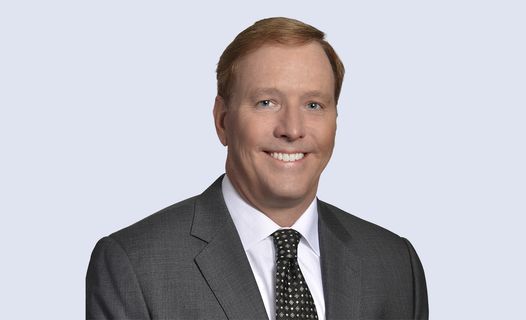The U.S. Supreme Court ruled on June 24, that only employees with the authority to hire, fire or promote others should count as supervisors in Title VII harassment suits. Randy Coffey, a partner in the Kansas City office, was quoted in three separate articles about how this important decision will impact employers. In the Wall Street Journal article “Bar Is Raised In Worker Bias Cases” Randy said the decision offers employers some clarity. "There's a much more bright-line standard for employers now. Rather than fighting about whether a person was or wasn't a supervisor, the issue will be whether the employee can show that the employer was negligent, that they knew about the conduct but failed to remedy it."
In the article “Supreme Court Makes it Harder to Prove Job Bias Claims” in The National Law Journal, Randy noted: “If you operate in a state that had previously adopted a broad definition of ‘supervisor,’ you now have the assurance that only supervisors—defined as those who have authority over tangible employment decisions—can create vicarious liability for harassment under Title VII. Courts will look closely at the relationship between the harasser and the victim when assigning liability.”
In the Employment Law360 article “Attys Weigh In On Justices’ Ruling In Harassment Suit” Randy commented: “The definition of ‘supervisor’ being tied only to those employees who have been empowered to make ‘tangible employment actions’ means that it will be the rare case when there is a fact issue about whether someone is a supervisor or not.”


